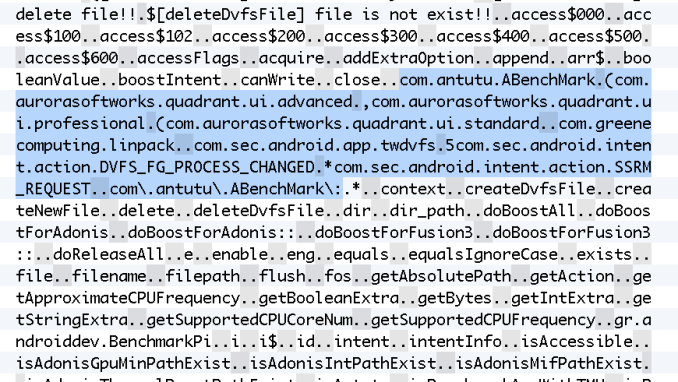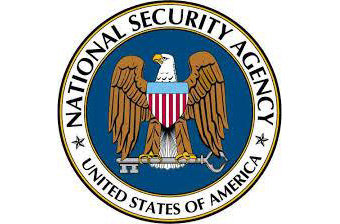Editorials
 |
Apple has been granted leniency for infringing on Samsung’s standards essential patents (SEP). It seems that the White House decided that they just could not allow a ban even though the International Trade Commission ruled that Apple did in fact violate Samsung’s patents. Now bear in mind that these patents, because they are SEP, have to be offered under FRAND (Fair Reasonable, and Non Discriminatory) licensing agreements. This means that Samsung cannot charge outrageous fees to anyone as the SEP technologies are required to build certain devices. What it does not mean is that a company can refuse to pay any fees at all; this is what Apple did to Samsung at the same time they were trying to sue them in court for trade dress violations, a patent that claimed the shape of a smartphone, and other non-specific patents.
- Details
- By Sean Kalinich
- Hits: 2748
 |
The Consumer Electronics world is a very interesting one (it is also very entertaining). There is a ton of money and effort put into conveying a message for this or that product and service by people that, often, do not even know the technology they are talking about. On top of that there is a media presence that is made up of everything from the entry level user to the ubergeeks. You have blogs, news sites, review sites, company review sites, Amazon reviews, New Egg Blogs and customer reviews and more. It is almost impossible to get any real information out of what is broadcast on the internet these days. This is even more true when you have all of these sites rushing to get their article out first. This environment has created a situation where information is partially researched, based solely on synthetic tests or (even worse) is more opinion than fact.
- Details
- By Sean Kalinich
- Hits: 7423
 |
There is a rumor going around (from “sources wishing to remain anonymous”) that claims that US Law Enforcement and the NSA have been asking internet companies for user passwords. The article originally posted by cNet has made the rounds this morning across a few sites; all of them pointing back at the single cNet source. Now on top of everything else that is going on many people are ready to jump on board with this and further denounce the NSA, the FBI, DHS, IRS, and anyone else in the US government with initials. But outside of the claims from a single blogger at cNet are there any other indications that this is a common practice?
- Details
- By Sean Kalinich
- Hits: 4256
Read more: Are the NSA and FBI Asking For Encryption Keys...
 |
Data security (and privacy) has been in the news a lot lately as if it is a new and troubling issue. In fact this has been a major topic of discussion going back to the mid-1980s when the first consumer available modems hit the market. This started the practice of war dialing where phone phreaks would dial random numbers to see if any would answer to their computers. One of the more famous phone phreaks is none other than Steve Wozniak, Co-Founder of Apple Computers. These are the guys that pioneered the hacking scene (and in some cases the piracy scene as well). Back then security was primitive and usually consisted nothing more than a login and a password. Fast forward more than 30 years and the security of some places is little better than what it was back in the war dialing days.
- Details
- By Sean Kalinich
- Hits: 3477
 |
Yesterday there was a vote on one of the more important pieces of legislation to go through Congress this year. Despite its importance there was very little media coverage outside the internet and the few sites that are still determined to fight for people’s right to privacy. The bill was named HR 2397 and was introduced by Representative Justin Amash (R MI) and was intended to deny funding to the NSA for any program that allows for broad (warrantless) spying on US Citizens.
- Details
- By Sean Kalinich
- Hits: 2803
Read more: US House of Representatives Votes Down Bill To...
More Articles …
Page 19 of 89



